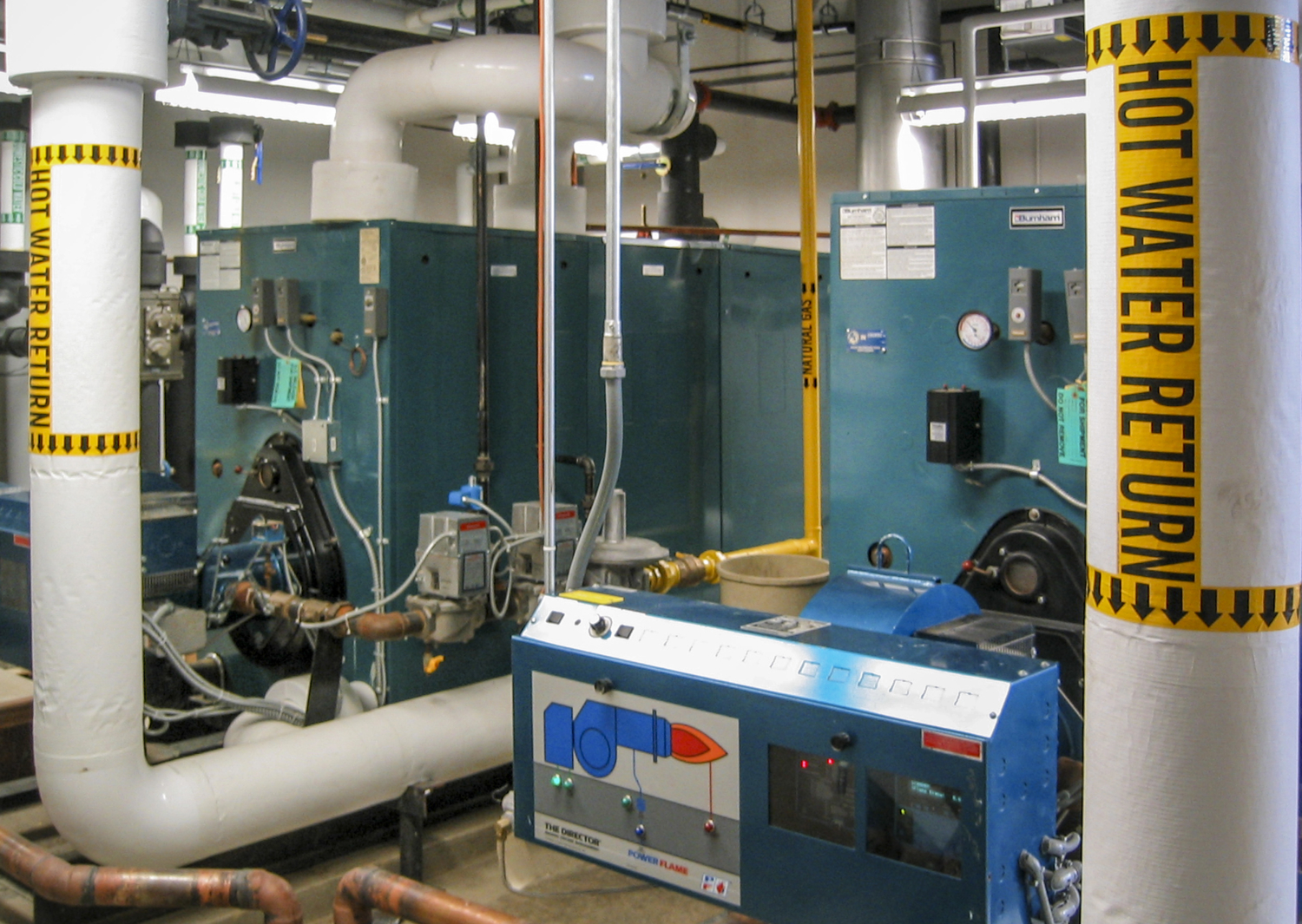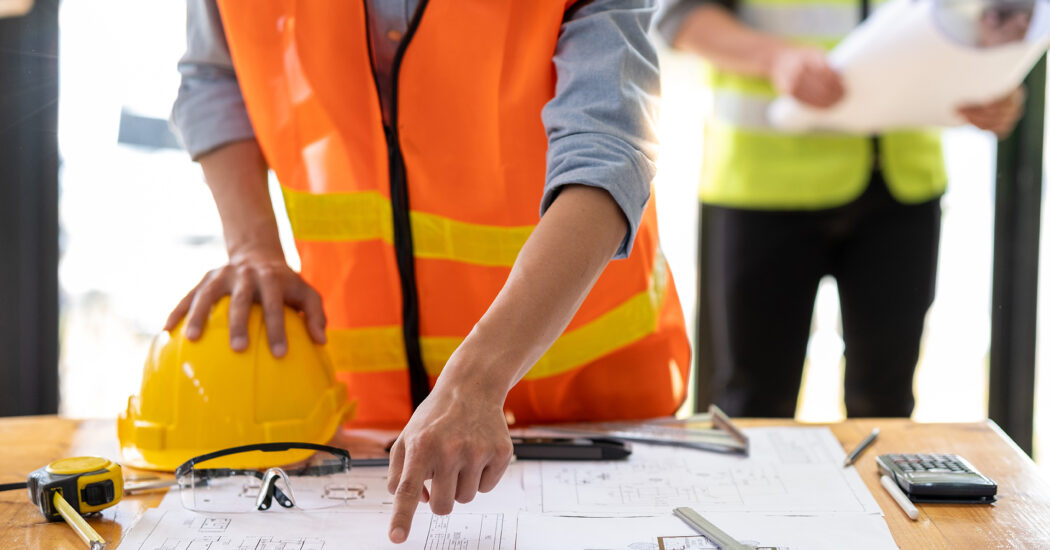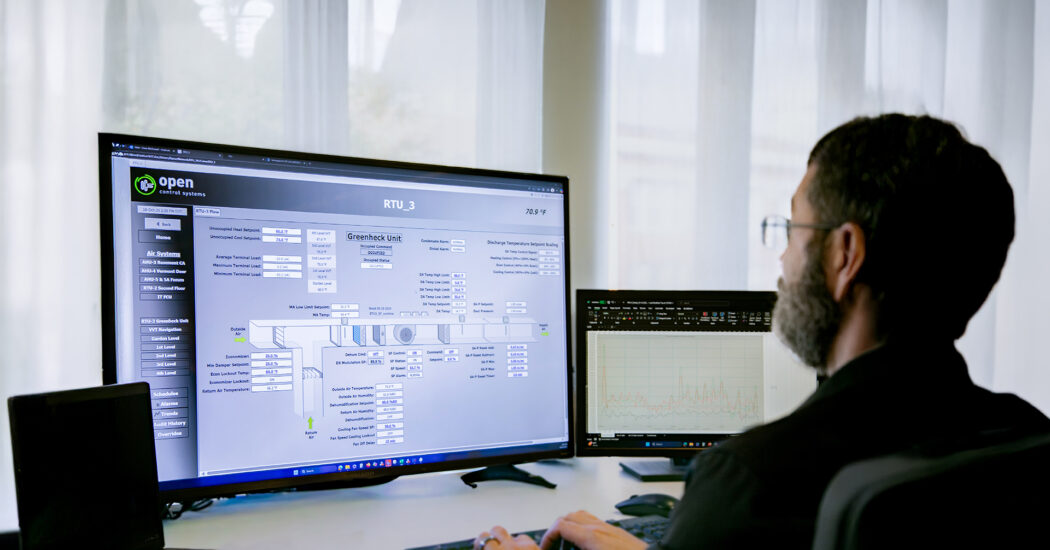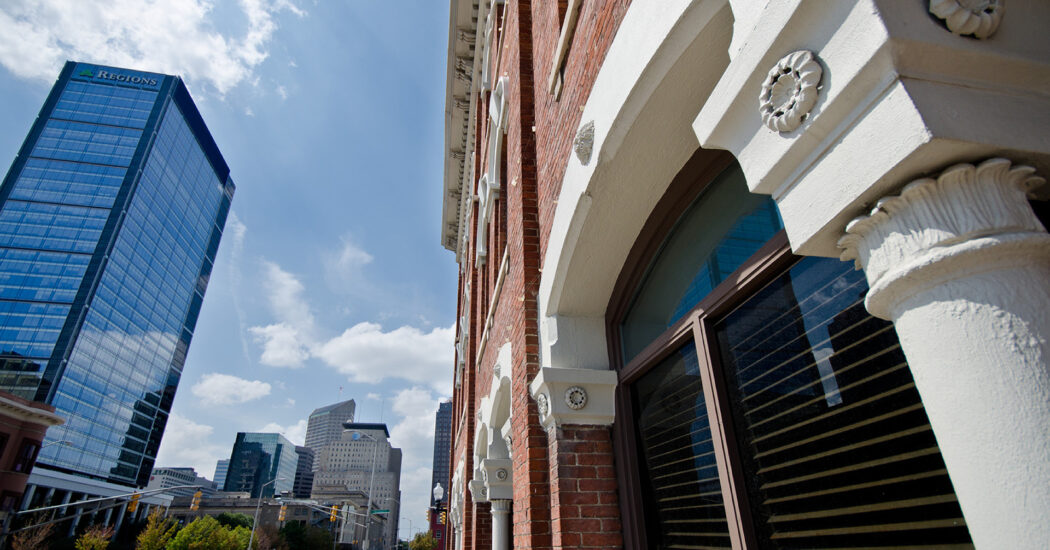When to Plan for Water Boiler and Chiller Upgrades
-
Category
Innovation -
Posted By
Karen Gillmore -
Posted On
Aug 06, 2019

Aging Equipment – Hot Water Boilers
When it comes to updating or repairing the mechanical systems in your facility, timing is crucial. This is true whether you work in an office building, school, or hospital.
If a facility’s mechanical systems are functioning properly, they tend to be “out of sight, out of mind.” However, when they fail, it can cause serious issues for the operation of the facility and the people in it. That’s why it’s important to identify and plan for necessary maintenance to avoid any downtime and unnecessary disruptions.
Water Chiller and Boiler Replacement Timing
Water boilers for heating and chillers for air conditioning are two of the most common systems that fall victim to poor planning. Here’s an example I see frequently:
Let’s say you have an older water chiller that’s had regular maintenance but is nearing the end of its life. It’s early spring, and your maintenance staff informs you that the chiller won’t start up, but it’s old enough that the manufacturer no longer has available parts for repairs. So, you call your most trusted engineering partner to select a new chiller and have drawings prepared for a public or private bid project.
Your engineering partner shares the following timeline with you:
- Design of the chiller replacement: 4-6 weeks
- Bidding: 4-6 weeks
- Signing of contracts
- Delivery lead time for the chiller: 18 weeks
This means your new chiller won’t be up and running until fall. You will have spent the entire summer working on this project, and by the time it’s completed, chiller season will be over.
The same applies to a heating water boiler system. Although the lead time on boilers is typically less than chillers, if you don’t identify the need for a new boiler until it starts to get cold outside, you may have to limp through the winter on less heating capacity. Even worse, you may have to arrange for temporary heating in your facility, which can be very expensive.
Avoid Equipment Failure
The bottom line: don’t wait until your equipment fails to replace it. For heating and cooling equipment, plan to have your older boilers replaced in the summer and older chillers replaced in the winter. This will ensure the equipment is off-line and not critical to your daily operations during replacement.
Planning ahead for mechanical system upgrades will save you money and headaches in the long run. If you have questions or want to learn more about how we can help, give us a call!







